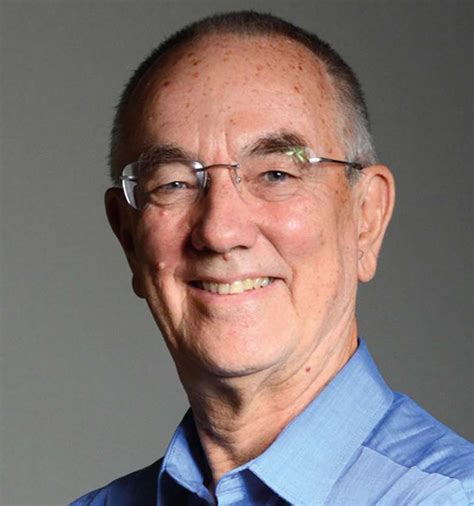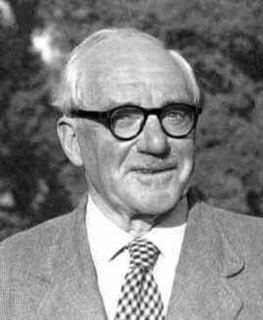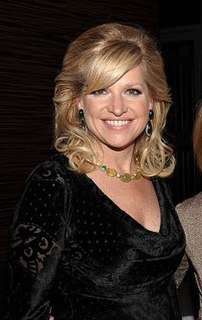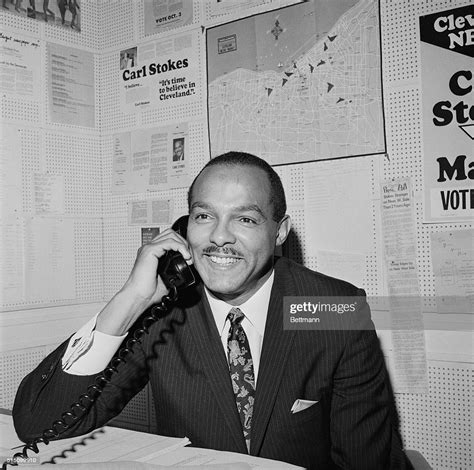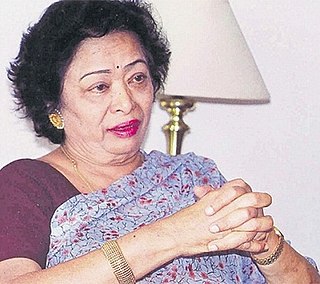A Quote by Garrett Hardin
The three filters [against folly] operate through these particular questions: Literacy: What are the words? Numeracy: What are the numbers? Ecolacy: And then what?
Related Quotes
Literacy is a bridge from misery to hope. It is a tool for daily life in modern society. It is a bulwark against poverty, and a building block of development... For everyone, everywhere, literacy is, along with education in general, a basic human right.... Literacy is, finally, the road to human progress and the means through which every man, woman and child can realize his or her full potential.
The theory of numbers is particularly liable to the accusation that some of its problems are the wrong sort of questions to ask. I do not myself think the danger is serious; either a reasonable amount of concentration leads to new ideas or methods of obvious interest, or else one just leaves the problem alone. "Perfect numbers" certainly never did any good, but then they never did any particular harm.
Despots play their part in the works of thinkers. Fettered words are terrible words. The writer doubles and trebles the power of his writing when a ruler imposes silence on the people. Something emerges from that enforced silence, a mysterious fullness which filters through and becomes steely in the thought.
AND THEN SOME... these three little words are the secret to success. People that follow this are thoughtful of others; considerate and kind...and then some. They are good friends and neighbors...and then some. I am thankful for people like this, for they make the world a better place. Their spirit of service is summed up in these three little words...AND THEN SOME.

